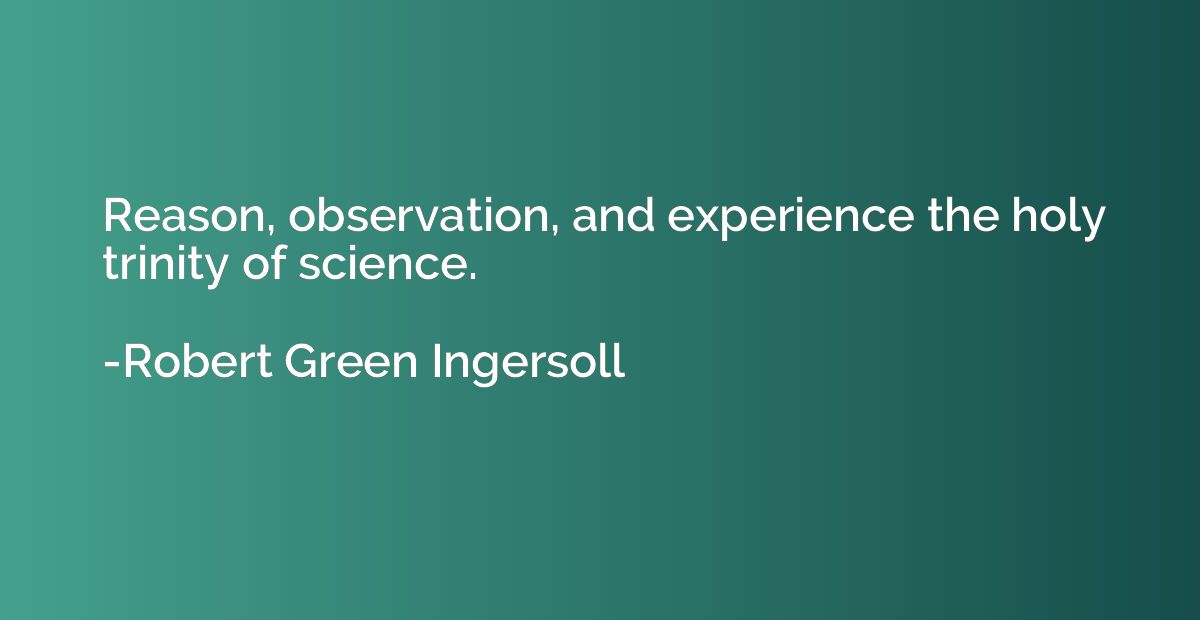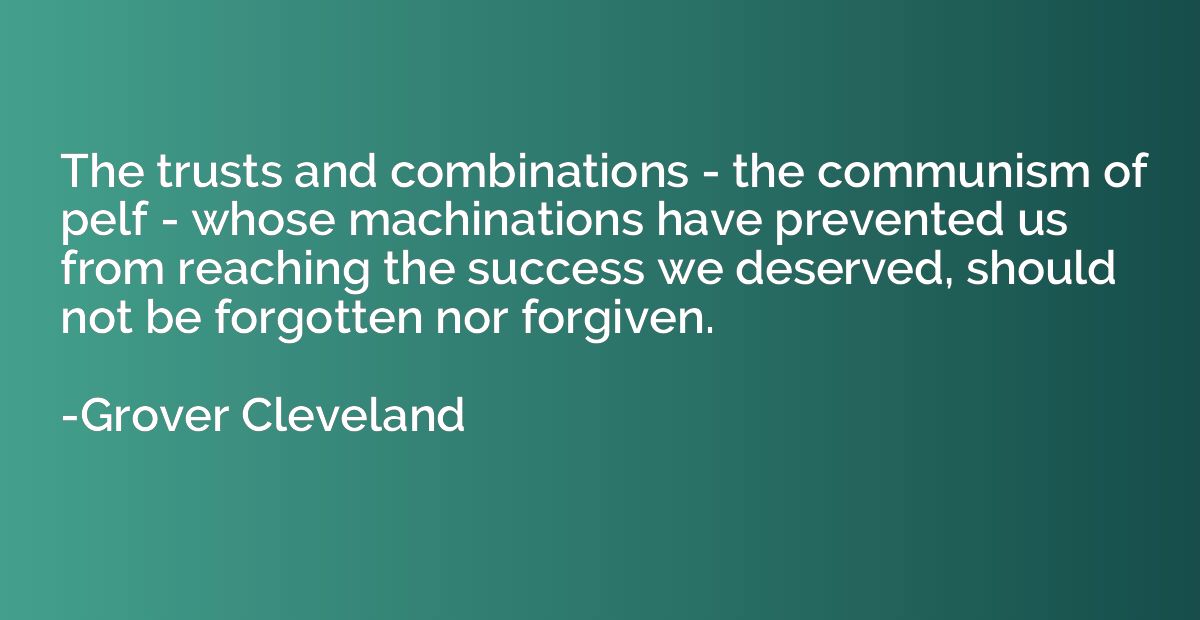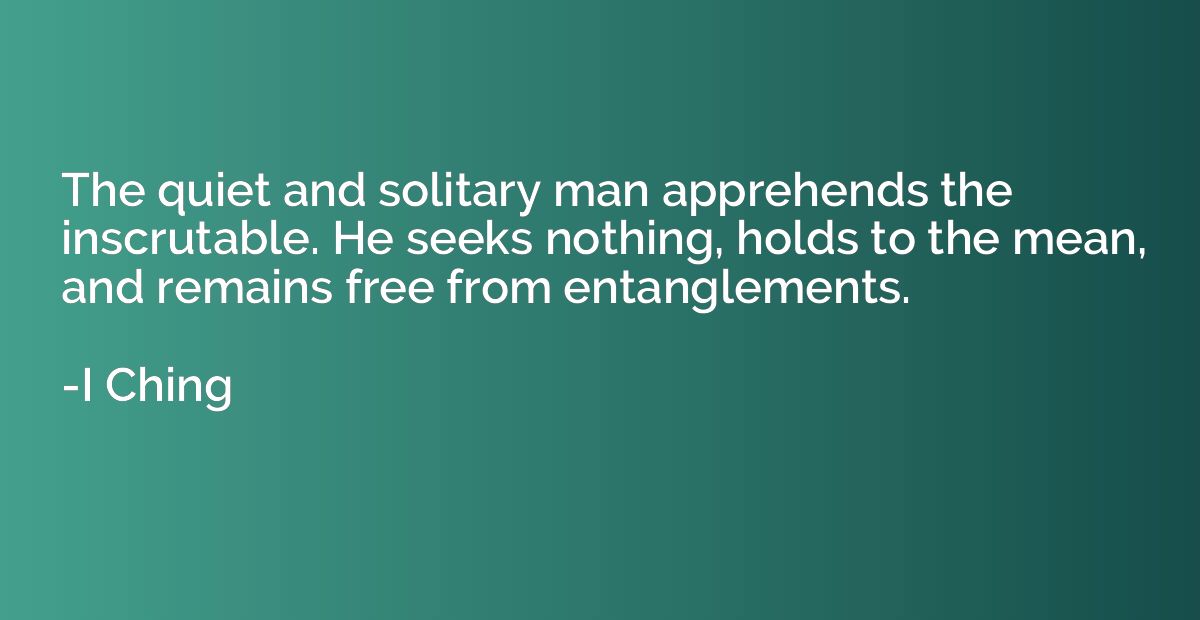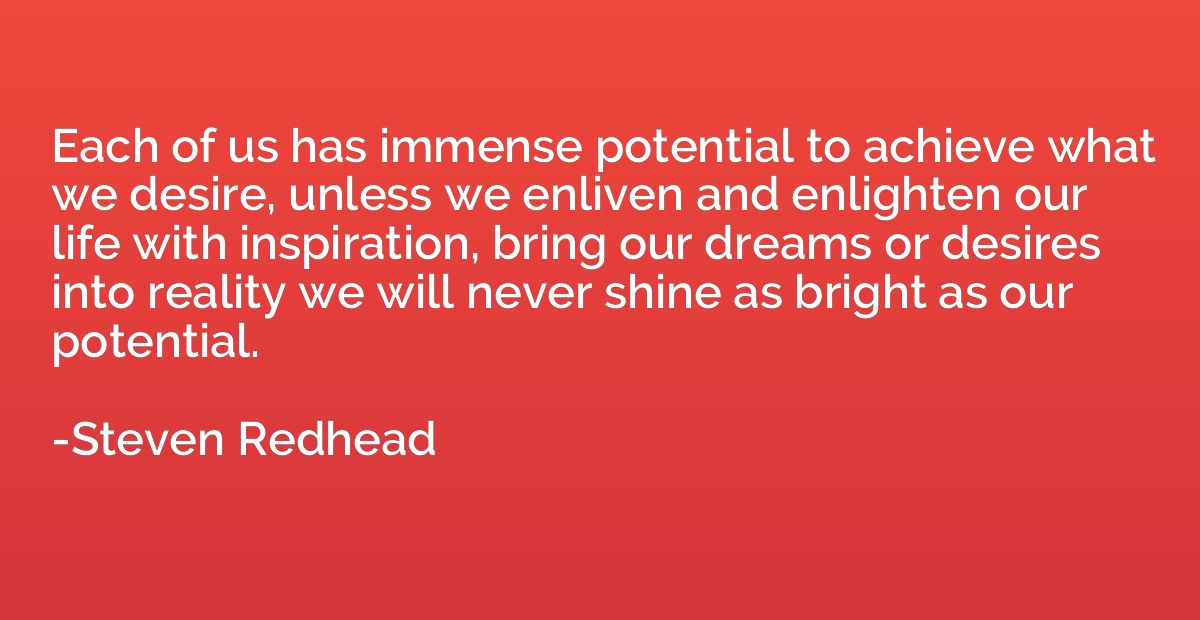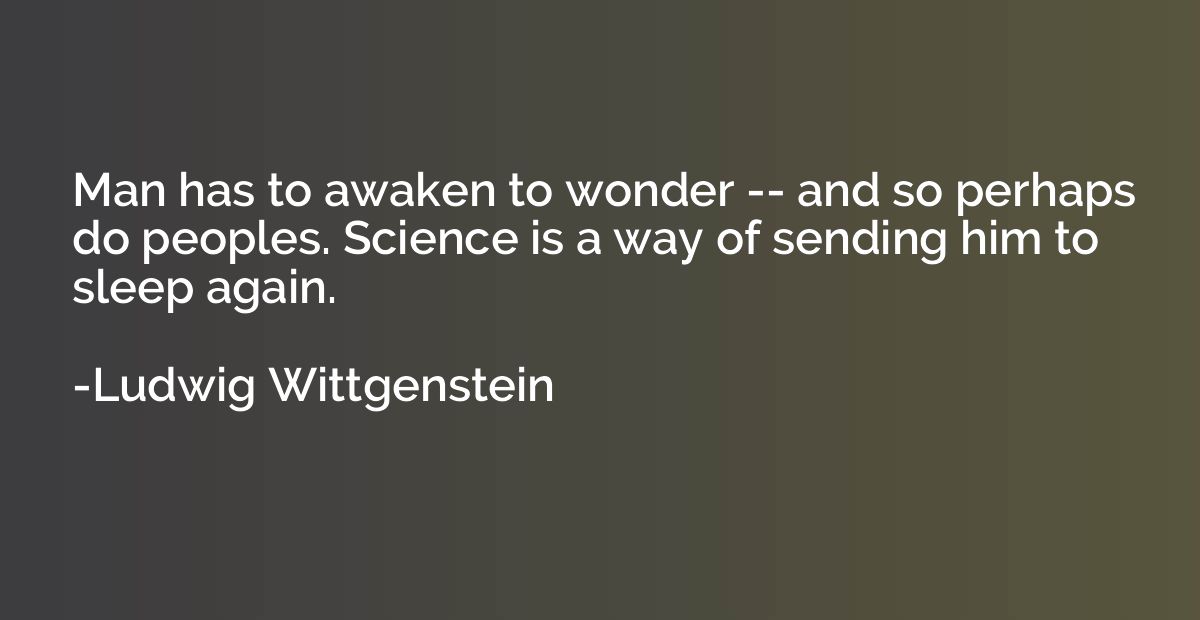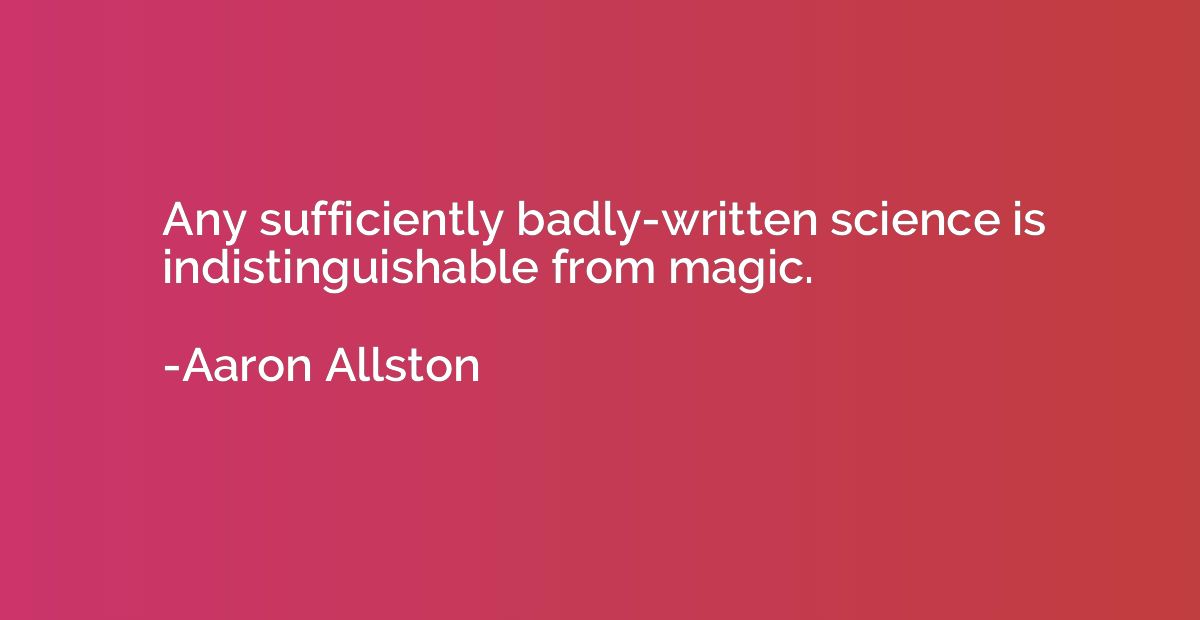Summary
This quote emphasizes the three fundamental elements that drive scientific progress: reason, observation, and experience. Reason refers to logical and critical thinking, allowing scientists to construct hypotheses and form logical arguments. Observation involves systematically gathering data and evidence through empirical methods, enabling scientists to make objective assessments of the natural world. Experience refers to the hands-on involvement in conducting experiments and testing theories, providing scientists with practical knowledge that informs their understanding. By embracing this "holy trinity," scientists can advance knowledge through rigorous and methodical scientific investigation.
